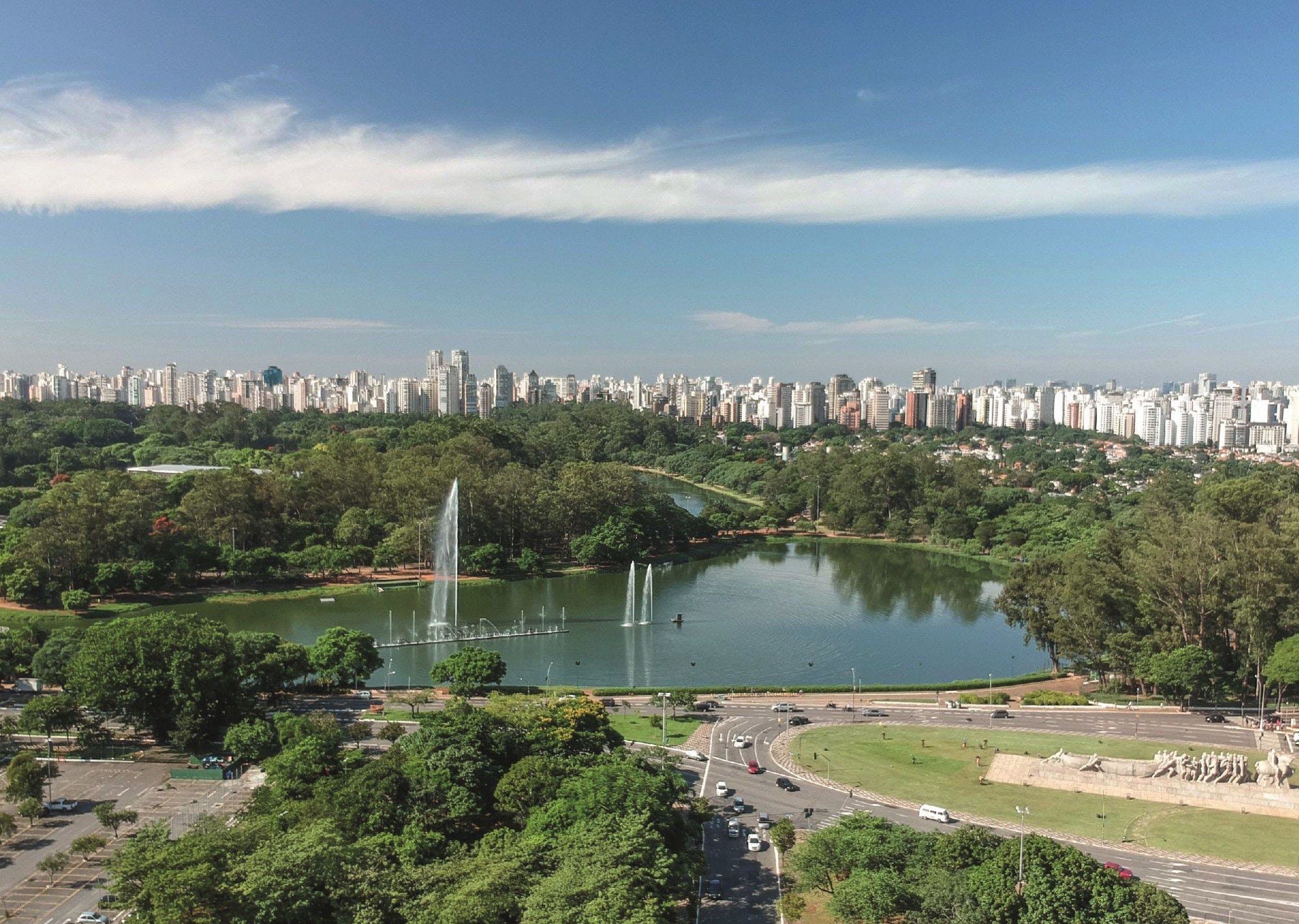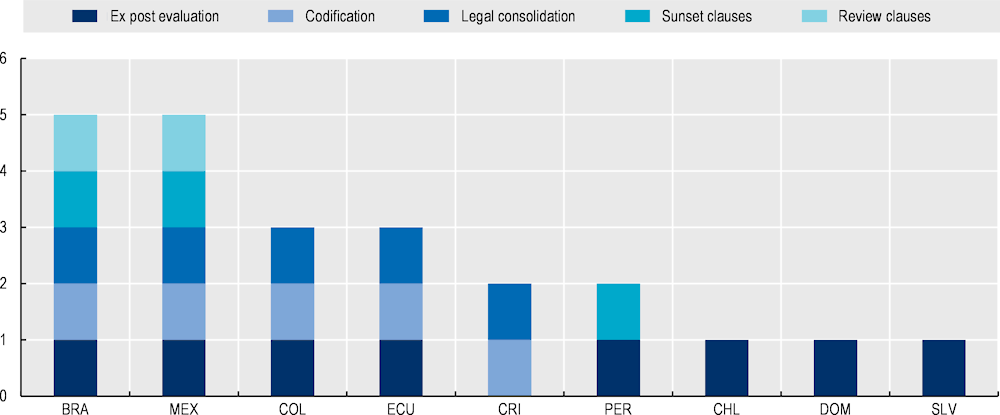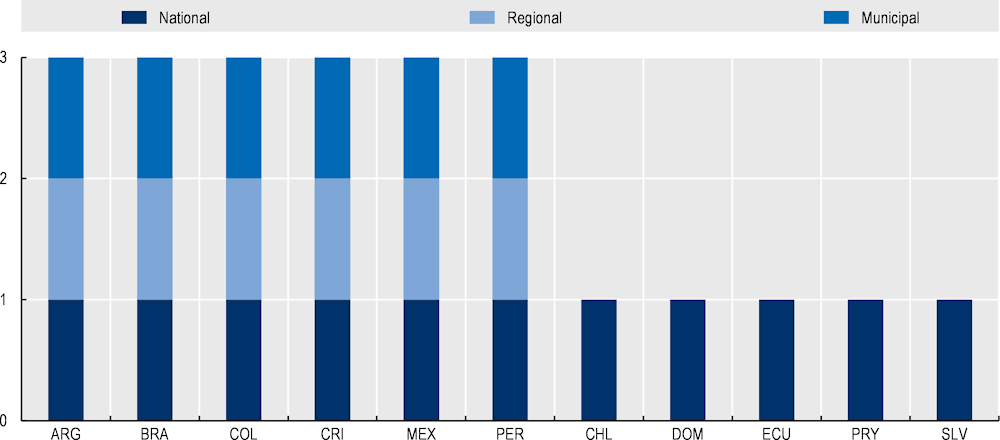Countries enact regulations to achieve specific objectives, but even careful assessment cannot always accurately predict the impact they will have on society. Periodic reviews are needed to determine whether the predicted effects have been realised or to establish how regulations are performing if no impact assessments were conducted during their development. As the 2012 OECD Recommendation on Regulatory Policy and Governance highlights, evaluating existing regulations against clearly defined policy goals cannot only ensure that they deliver the intended policy objectives, but also that they remain up to date, cost justified, cost effective and consistent (OECD, 2012). Reviews also help identify any unintended consequences of existing regulations or administrative processes and, if they find any unnecessary burdens, can lead to administrative simplification exercises. Reviews of regulations also have broader benefits, including enhancing policy learning and improving regulatory coherence.
Countries in the Latin American and Caribbean (LAC) region have different approaches to initiating and conducting reviews of existing regulations. Some regulations include clauses prescribing that they automatically cease on a future date (sunset clauses) or that they must be reviewed within a specific timeframe. For instance, Brazil and Mexico insert either review or sunset clauses into some of their regulations. Eight out of the 11 surveyed LAC countries (72%) have a requirement to conduct periodic ex post evaluations on subordinate regulations. For instance, the Dominican Republic and El Salvador require ex post evaluations to be conducted five years after regulations are enacted to assess whether they are meeting their objectives. Mexico requires the evaluation of regulations every five years if they entail compliance costs, while Chile requires evaluations of any regulations assessed as high impact during their development four years after they were enacted. Ex post evaluation requirements are quite recent in most of the countries reporting them, so their implementation is still either planned or underway (Figure 5.9).
LAC countries continue to focus their efforts on administrative simplification as part of improving the regulatory environment. All 11 surveyed LAC countries have carried out administrative simplification processes in the last four years at the national level, but only 6 of them have done so at a regional or municipal level. In 2021, Mexico’s federal administration conducted around 300 administrative simplification actions at the national level, including reducing response times, improving digital means where citizens can interact with the administration and eliminating or merging processes. Likewise, Peru undertook a national review of the quality of administrative procedures that resulted in the simplification or elimination of over 2000 processes (Figure 5.10).
More LAC countries have issued methodological guidelines to help policy makers maintain the consistency of administrative simplification processes. By 2022, 8 out of the 11 surveyed LAC countries (73%) had guidelines in place, 3 more than in 2019. In 2020 the Ministry of Economy in Brazil published the Deregulation Guide, which provides a compilation of international practices to assist policy makers in implementing strategies to reduce regulatory burdens. Likewise, El Salvador’s new guidelines list which type of formalities should be cut from administrative procedures and the rationale for doing so (Figure 5.11).



